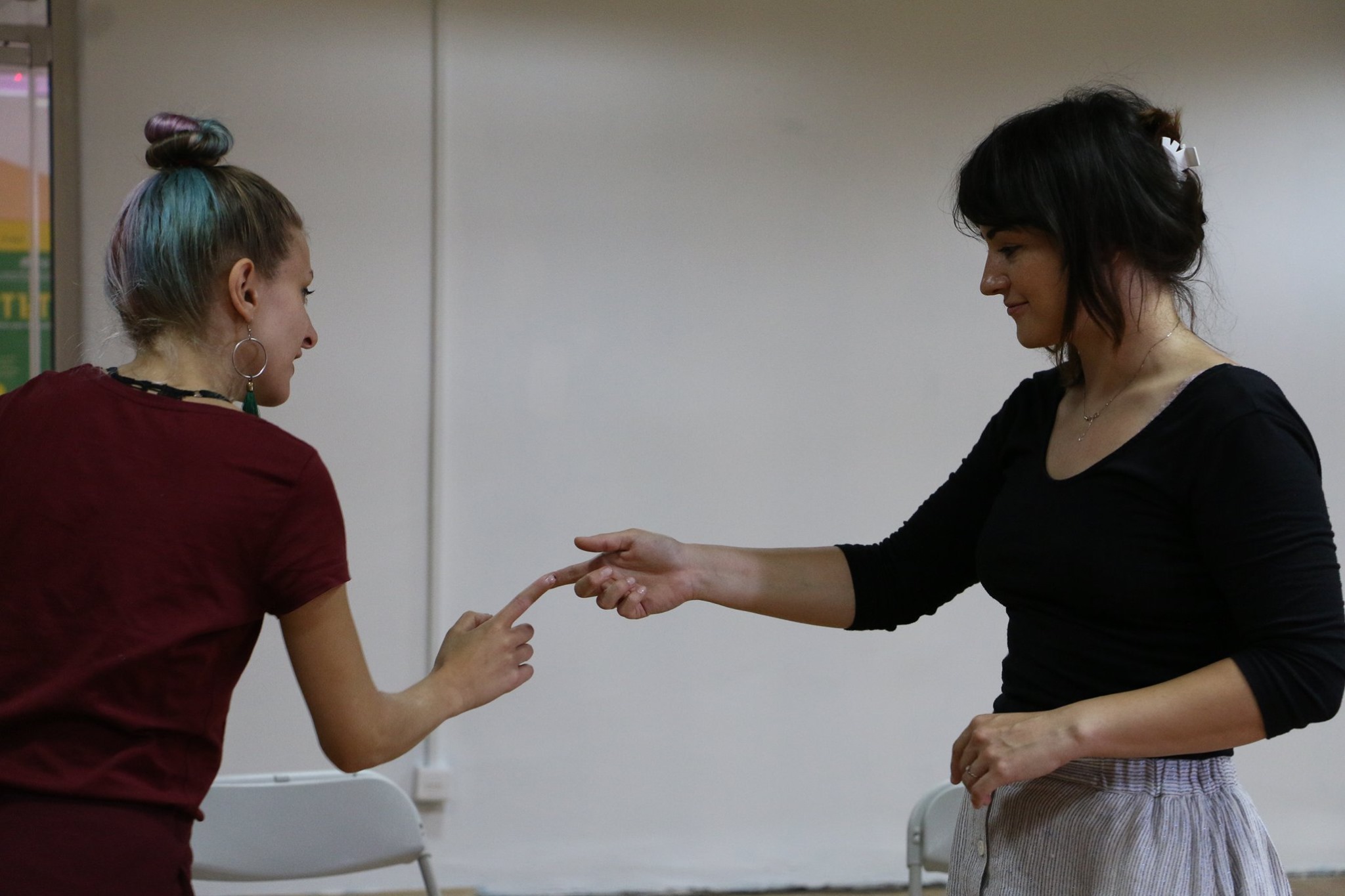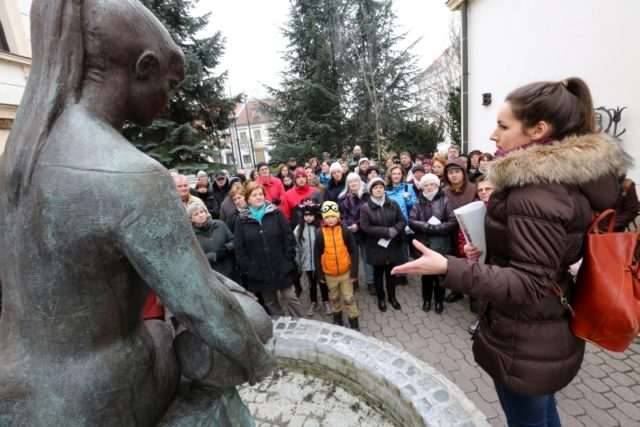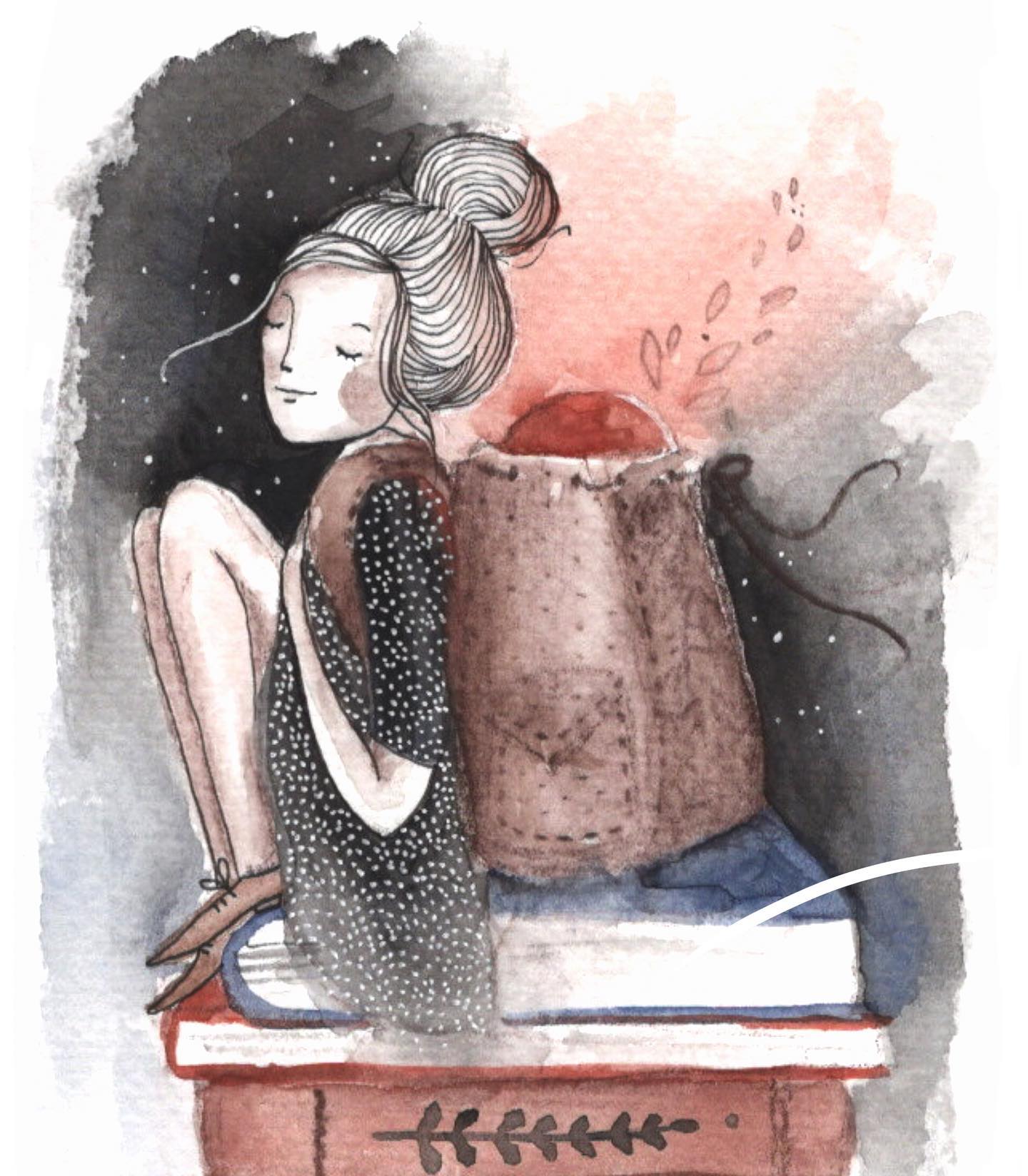Why try suggestopedia for learning?
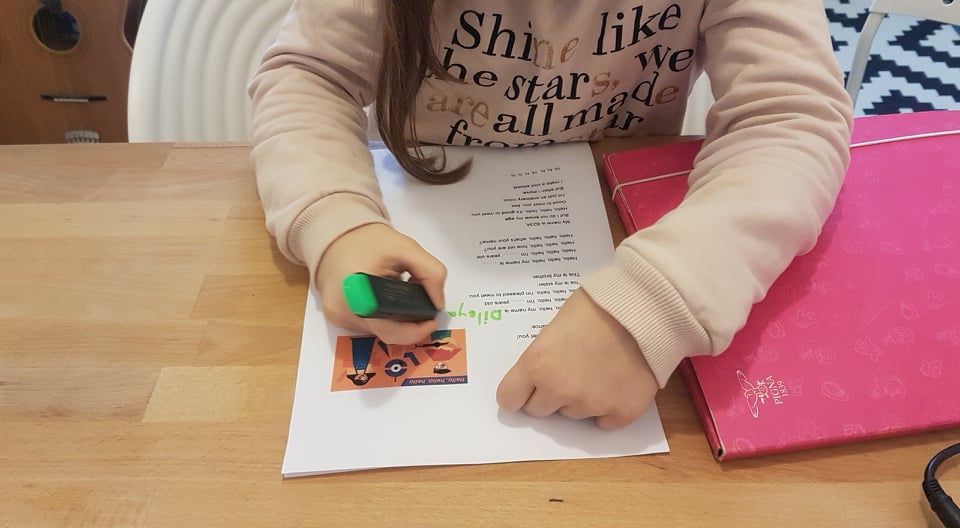
For those who dream to learn a new foreign language quickly Bulgarian psychotherapist Georgi Lozanov offered the solution in the 1970s inventing suggestopedia, the method of accelerated learning.
It allows learning new things up to 5 times faster compared to traditional tactics.
The method was certified by UNESCO in 1978 and widely applied worldwide.
Nowadays, English language teachers are the primary boosters of the suggestopedia methodology. They skilfully combine the technique with different arts to help students of different ages to improve their communication skills.
Setting up the right emotional background
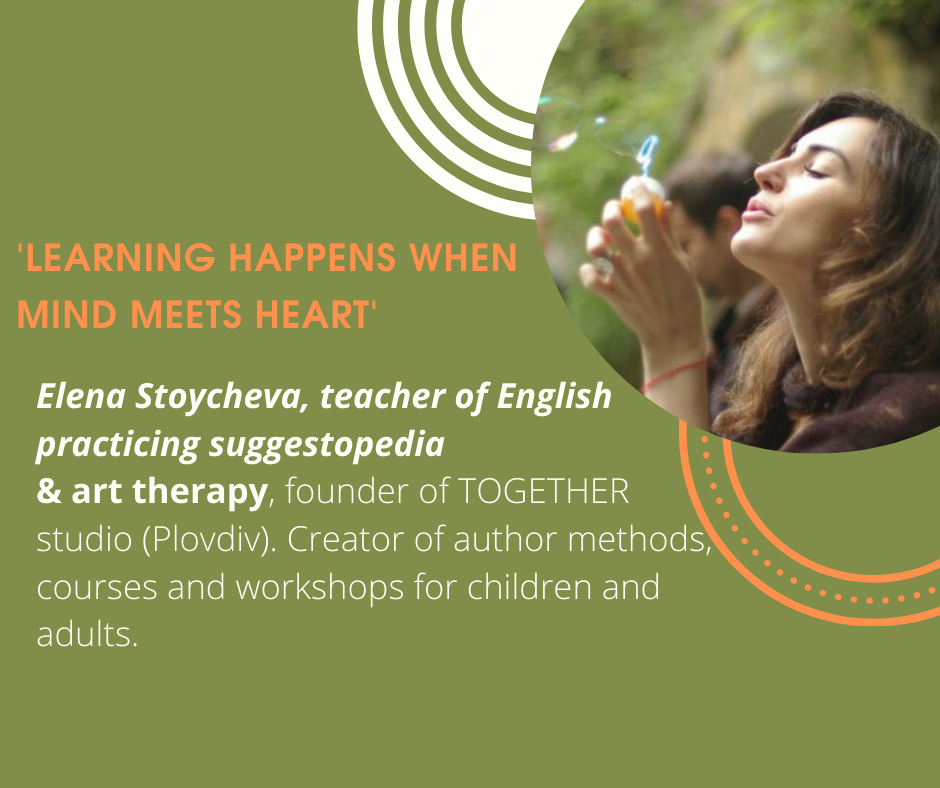
Together with Elena Stoycheva, teacher of English practising suggestopedia and art therapy, founder of TOGETHER studio (Plovdiv), we discussed useful features of the unique learning tool that so much reflects the very nature of Bulgarian mentality – creativity and freedom.
- Why did you decide to practice Suggestopedia?
During my studies at University, I came across some books by professor Lozanov while working in a public school. Later, I managed to get involved in training on the method of suggestopedia, from which my wings sprouted. This encouraged me to found my own studio TOGETHER.
The most important thing is not exactly the techniques, but the appropriate environment and emotional background, which turn learning into communication and space for expression.
Developing new hobbies
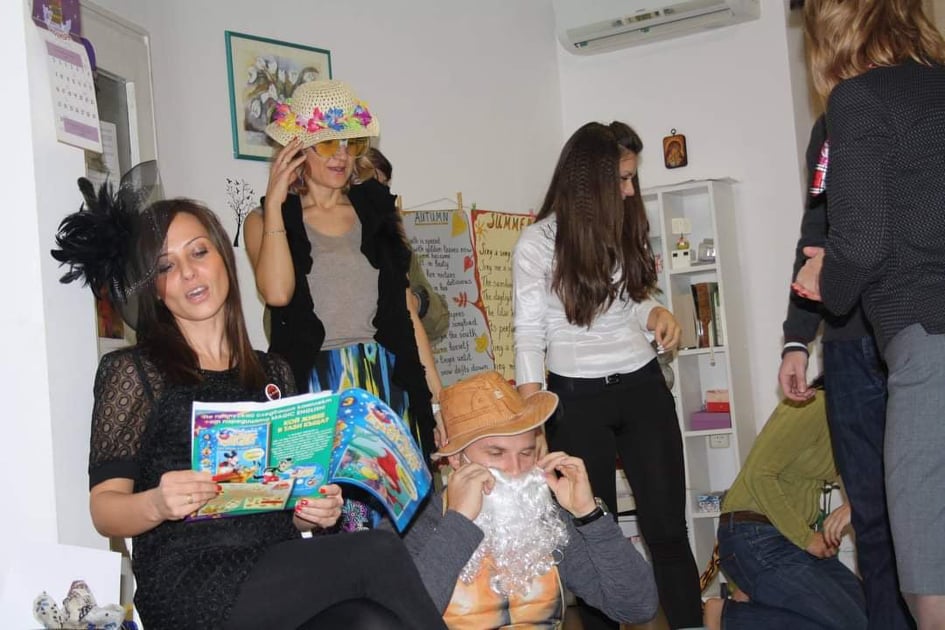
- The key feature of suggestopedia is to unlock human potential. What other benefits does it have?
It has a long-lasting effect on the whole personality, triggers inspiration, helps to improve the sleep-wake cycle, overcome tiredness, make good friendships in the courses, make bold personal changes after training.
Students develop new hobbies and interests. Regularly, after and during the courses, some additionally take up piano or pottery classes, begin to paint, or write poetry. It is because, in addition to memory talents, creative reserves also evolve.
- How do you use different creative techniques like art or music?
The word suggestopedia originates from the verb suggest ways of doing something. The emphasis is on the learning conditions, not the techniques themselves, and art and music are integral parts of the whole process. For example, there are didactic songs that teach the language in a stream or a grammar.
Very often the creative expression happens through something very universal - the creation of original sentences and stories, which are based on the target vocabulary and grammar but recreated through the personal creativity of each student. Being able to respond with a sense of humour to another student's speech in a foreign language is also a creative act.
Learning like playing
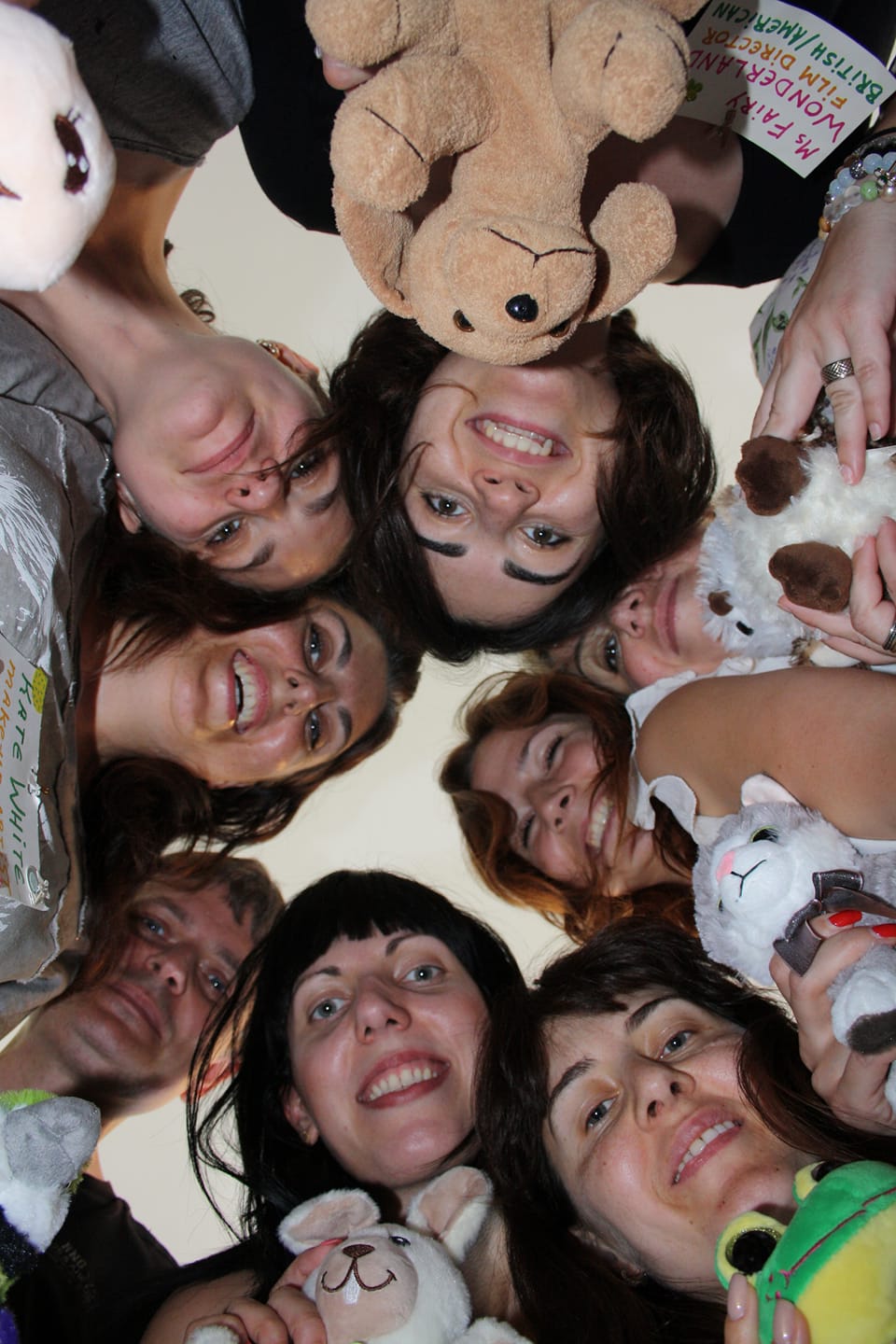
- How do your students overcome psychological barriers in learning new skills?
Desuggestive training works with the accumulation and spontaneous activation of the set spare material, so the results are not visible day by day. Usually, from the middle of training, visible activation and automation of completely new language structures and real communication between the learners emerge.
The very experience that they can express themselves and have built lasting connections to the structure of language pushes the barrier.
We have frequent cases when our students change jobs after a course or travel to London alone after only a month of studies. The learning experience for children and adults is like a game and adventure. Students can build a new biography and participate in a real language challenge, which also creates an opportunity to overcome their limits.
- There are many innovative courses now. But how to make one learn at any age when there is a need but no habit?
Our brain is plastic, and every day it differs from the previous one. It transforms after every new experience or information we get to know. So, the more we exercise it, as we do with the muscles, the more the neural networks are renewed. Learning a language or practising a sport, switching to healthy eating are great ways to keep your brain in good shape.

